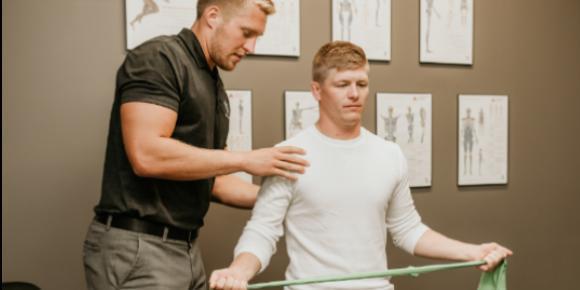
We all have heard that exercise is crucial to staying healthy and living longer. As we age, we tend to slow down more and become sedentary. Sometimes that can be due to health problems, weight gain, or pain issues – other times it can be because we become increasingly worried about falling and sustaining an injury.
However, countless studies prove the health benefits associated with physical activity, and how these become even more important as we age. Going for a brisk walk, a jog, or even a gym workout a couple of days a week helps improve mental and physical health, both of which will help you maintain your independence as you age. And the good news is, it is never too late to start! Sometimes, just a little reminder of the positives of being active can help you get started!
What are some of the most common benefits of physical activity as we get older?
Helps prevent or delay diseases
Regular physical activity can help prevent a large number of the most common health conditions, like diabetes and heart disease. Overall, it helps improve your immune function, which becomes increasingly more important as we head into middle age. As little as a walk in the park a couple of days a week significantly increases your ability to manage or delay potential issues.
Lowers the risk of falling
As we age, our bodies weaken. An excellent way to stay active and keep your independence as you age is to build muscles and exercise. With regular exercise comes improved flexibility and balance, as well as quicker recovery time if you do fall or sustain an injury.
Helps loss or maintain weight
When we reach 40, our metabolism naturally starts slowing down. We have to work harder, and smarter, to keep the weight. Physical activity builds muscles and burns calories to help you maintain a healthy weight as you age.
Improves bone density
Get those walking shoes on and start walking! Walking and jogging are both weight-bearing activities that can help you increase the strength in your bones and reduce the risk of osteoporosis and fractures. Even practicing squatting by sitting in a chair and standing up over and over again can help your bones become stronger.
Improves your mental health
Why do we always feel so much better after exercising? Well, it is because our body produces endorphins when we engage in physical activity, which in turn reduces our stress levels and leaves us feeling happier and healthier. Physical activity has also been linked to better sleep, another factor that is increasingly vital as we age.
Increases cognitive ability
Regular exercise helps improve and enhance your cognitive function as we age. In fact, there are plenty of studies that suggest that physical activity lowers the risk of dementia later in life.
Helps you stay social
Fitness is a great way to meet new people. Whether you join a gym, a walking group, or outdoor fitness classes, the chances are high you will find like-minded people to enjoy the activity with. As we age, it is vital to maintain an active social life to lower your risks of loneliness and depression. Find an exercise routine you like and enjoy it with friends!
Gaining the benefits from regular movement is the best way to boost your health and outlook on life. But starting to exercise can be challenging at any age, let alone as we get older. It is a matter of making it part of your routine and daily life and something to look forward to. If you haven’t exercised before, you may think you are too frail to start now, but that couldn't be further from the truth. Physical activity will only help you gain confidence in yourself and your abilities and teach you how much you are capable of as you move into middle age and beyond.





